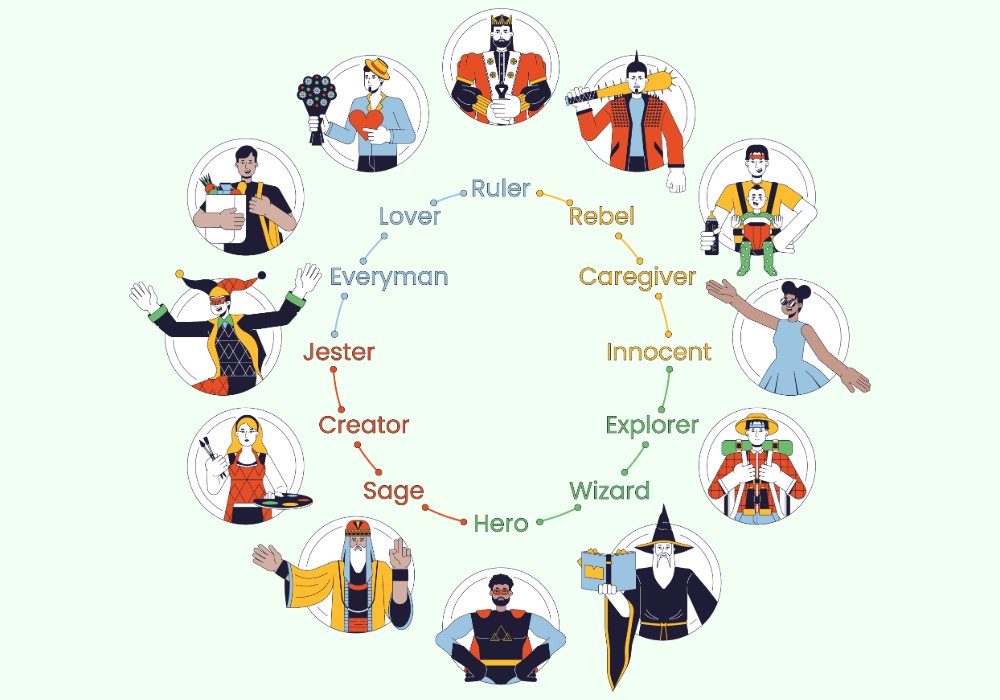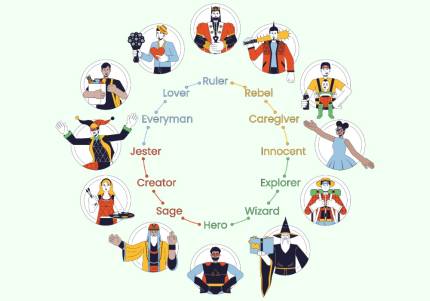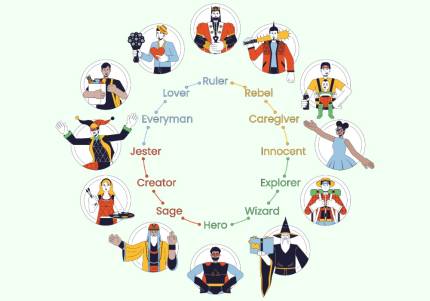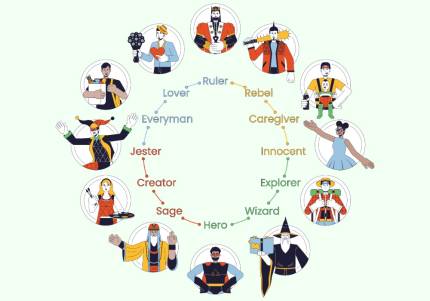The Dangers of Misinterpreting Your Myers-Briggs Personality Test Results
- 10 May 2025

Taking a free MBTI test online has become increasingly popular as people seek to understand themselves better. The allure of discovering your personality type through a simple questionnaire can be incredibly appealing to those on a journey of self-discovery. Many individuals turn to the Myers-Briggs personality test hoping to gain profound insights into their behavior, thinking patterns, and emotional responses. Looking for Myers-Briggs printable test downloads might seem like a convenient way to explore your psyche in the comfort of your home. The 16 personalities free resources available across the internet have made personality assessments more accessible than ever before.
However, there are significant risks associated with misinterpreting these results that many test-takers overlook. An OCEAN big 5 personality test measures completely different traits than the MBTI, yet people often conflate these distinct assessment systems. The Myers-Briggs 16 personalities test categorizes individuals into distinct types, which can lead to problematic "boxing" of complex human personalities. When you take the 16 personalities quiz Myers-Briggs, you might receive results that seem profoundly insightful but actually offer an oversimplified view of your multifaceted nature. Finding MBTI personality test for free printable versions might save money, but the trade-off could be less reliable results or missing crucial contextual information about interpretation.
Common Misinterpretation Pitfalls
- Treating test results as unchangeable labels
- Using results to justify problematic behaviors
- Making major life decisions based solely on test outcomes
- Stereotyping others based on their reported types
- Overlooking the spectrum nature of personality traits
Even the most accurate 16 personality test has limitations that users should acknowledge before drawing conclusions. Attempting to find your personality type can be a valuable exercise in self-reflection, but should never replace professional psychological assessment when needed. The OCEAN personality test for free measures openness, conscientiousness, extraversion, agreeableness, and neuroticism—dimensions that exist on continuums rather than as binary categories. The OCEAN big five personality test framework is generally considered more scientifically validated than MBTI by many psychologists, yet receives less popular attention.
Comparing Popular Personality Assessments
| Assessment Type | What It Measures | Scientific Validity | Potential Misuse Risks |
|---|---|---|---|
| Myers-Briggs (MBTI) | Preferences across 4 dichotomies | Moderate | Type-based stereotyping |
| 16 Personalities | MBTI with added fifth dimension | Moderate | Self-limiting beliefs |
| Big 5/OCEAN | Five major personality dimensions | High | Negative self-perception |
Understanding the big 5 personality traits test results requires acknowledging that traits exist on a spectrum rather than in absolute categories. The OCEAN personality test provides valuable insights when interpreted correctly, but misinterpretation could lead to limiting self-beliefs or unhealthy comparisons with others. Before taking any assessment, it's crucial to approach the results as descriptive rather than prescriptive—offering potential insights rather than definitive limitations.
In conclusion, personality tests can be valuable tools for self-discovery when approached with proper understanding of their limitations and appropriate interpretation of results. Whether you prefer MBTI or OCEAN frameworks, remember that personality is fluid, contextual, and far more complex than any assessment can fully capture.



